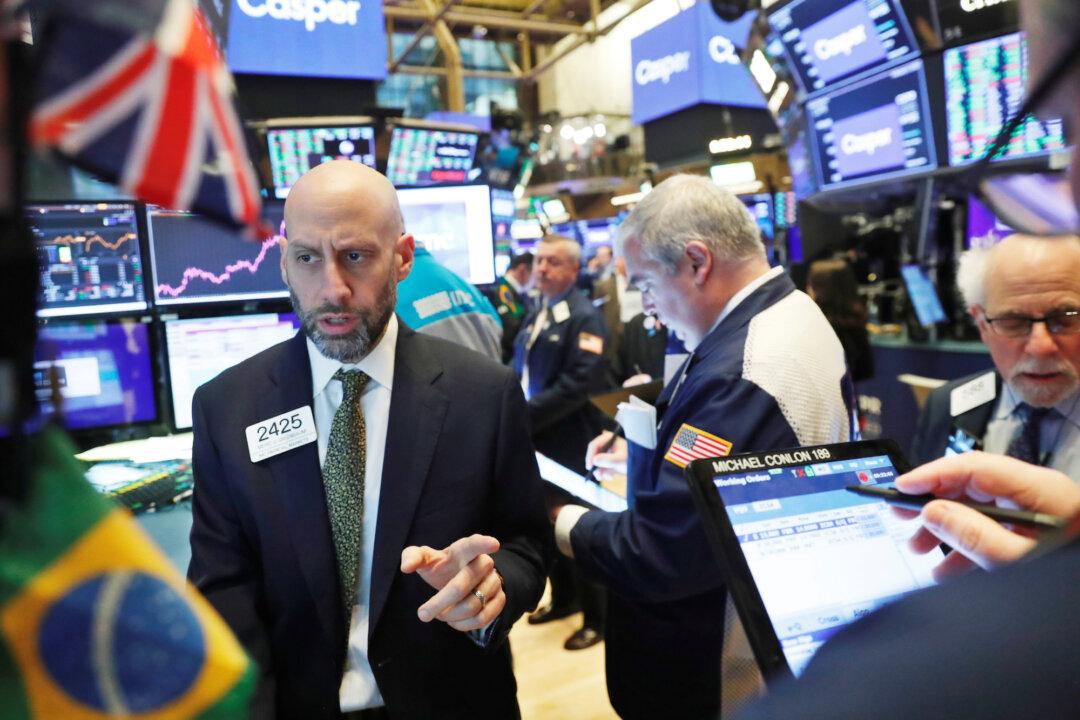Stocks and risk assets ended the week battered. At the same time, safe harbors like bonds and gold regained their luster as markets digested a spike in new coronavirus cases and data showing a stall in U.S. business activity.
Major Wall Street indices saw selloffs Friday, with the Nasdaq posting its worst daily percentage decline in about three weeks.





